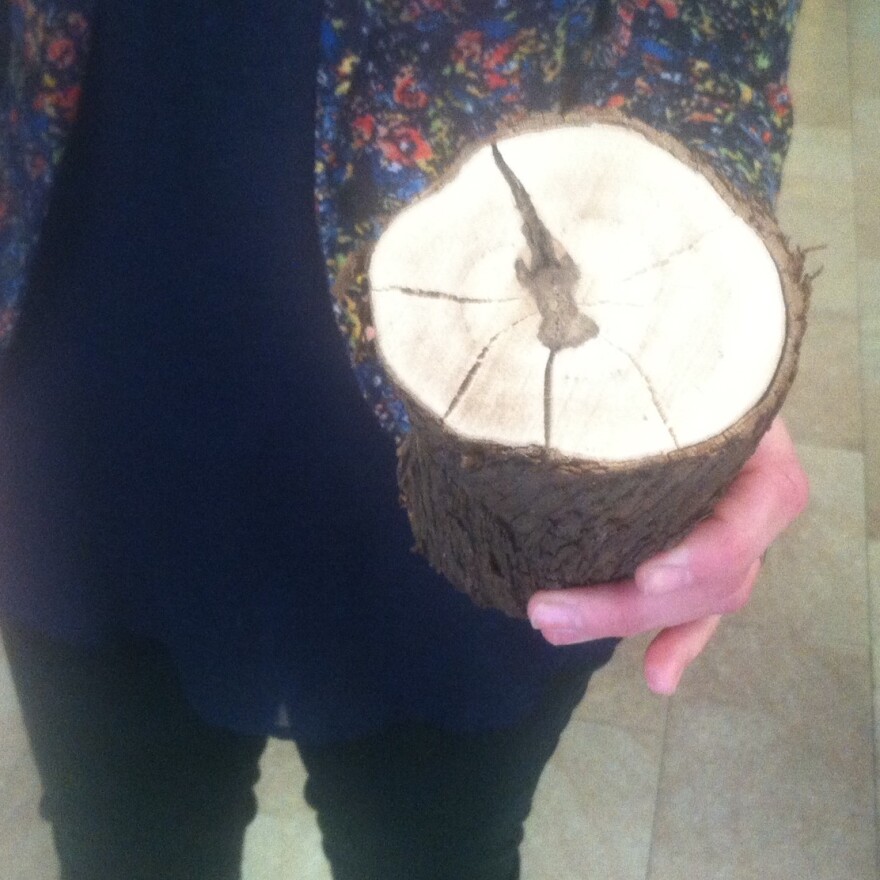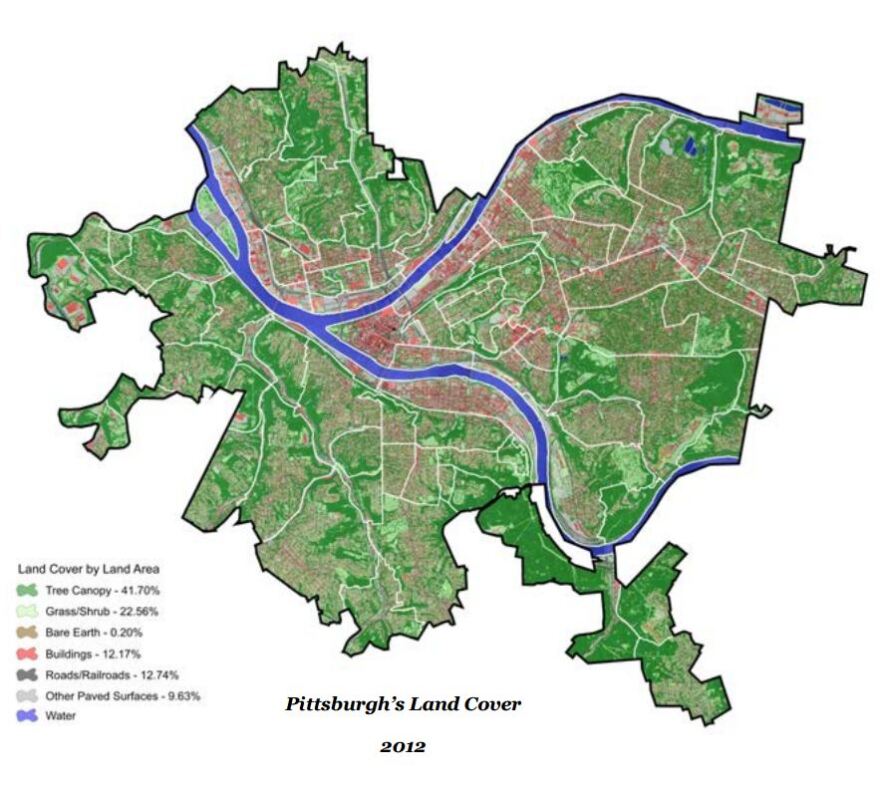A small herd of voracious baby goats may be the savior for city parks long-plagued by nettlesome weeds and unsightly flora.
Pittsburgh City Council voted unanimously Wednesday to advance legislation that would invite an all-goat landscaping crew and their guardian donkey, Hobo, to graze sections of Emerald View, Highland and West Penn parks this summer.

“They particularly like invasives and difficult plants, which is really convenient, like vines and poison ivy and knotweed,” said Carrie Pavlik, the goats' owner. “The things that are difficult for humans to deal with, the goats really like.”
Her 10 Nubian, Nigerian Dwarf and Saanen goats are more browsers than grazers, Pavlik said. They munch the leaves and digest the seeds, which kills any life-preserving bacteria. Eventually the plants shrivel and die, clearing space for new trees and native vegetation.
Her company, Steel City Grazers, will earn $10,000 in grant funding from the Allegheny County Conservation District.
The cash is funneled through Lawrenceville-based nonprofit Tree Pittsburgh for a pilot summer program beginning mid-June that will house the goats and their guardian at the parks in temporary lean-tos behind portable electric fences that aren't harmful to humans. They're expected to clear about an acre every two weeks, Pavlik said.
Much like a traditional sheepdog, 6-year-old Hobo the donkey helps protect the goats – all less than 1 year old – from wayward dogs and coyotes.
"He would stomp his feet and scare them off," Pavlik said. "He eats, too."

Tree Pittsburgh Executive Director Danielle Crumrine said the contract is part of a larger goal to restore forest ecology, preserve the integrity of hillside slopes, protect wildlife and expand the city’s canopy cover. Pittsburgh’s urban tree canopy – composed of leaves, stems and branches of all the trees within a specific area as viewed from above – was estimated in 2012 to cover just 42 percent of the city.
Crumrine said bouts with emerald ash borer, oak wilt and the felling of other old trees may have brought that figure down in recent years. Tree Pittsburgh is currently working with the University of Vermont to update those figures, she said.
“We have to combat the invasive species first and go in and plant the trees and plants that should be there, and then maintain it all,” Crumrine said. “It’s going to take years of work.”
The immediate maintenance plan for each park is a little different, Pavlik said. They begin at Highland Park, and when the goats finish up at West Penn Park in Polish Hill, Crumrine said volunteers hope to plant new trees and supplemental understory plants that will help suffocate more invasive species.
"That's the beautiful thing about goats," said Erin Copeland, senior restoration ecologist for the Pittsburgh Parks Conservancy. "You don't have to use a chemical to suppress the plants that we don't want to be there."
Council is expected to take a final vote on Tuesday.






